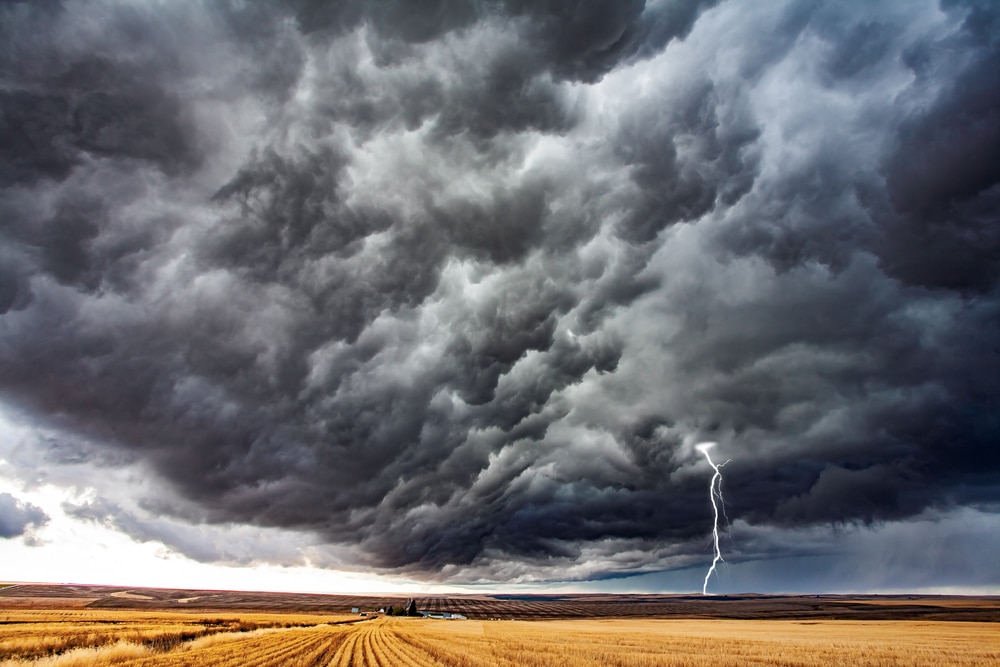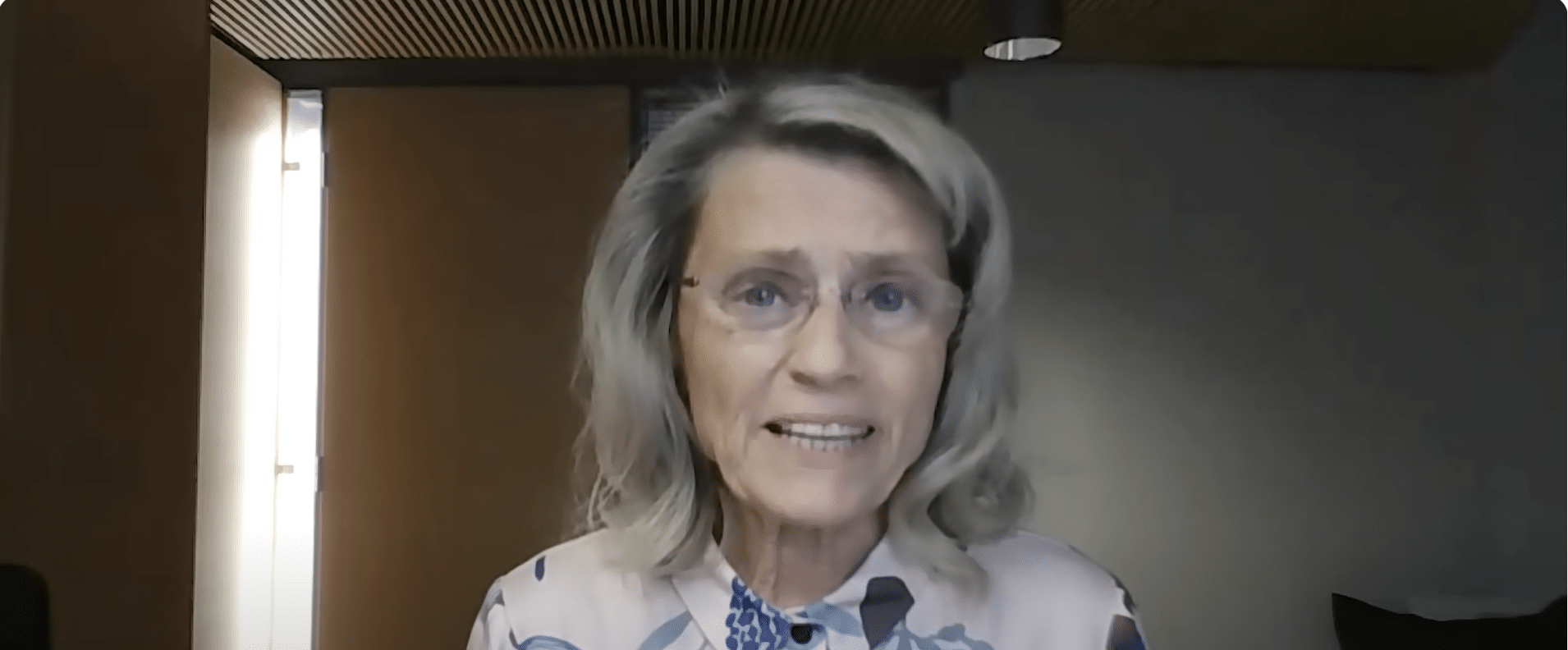NYT – It came out of the Northern sky, a frozen breath of gas and dust from the genesis of some distant star, launched across the galaxy by the gravitational maelstroms that accompany the birth of worlds.
It wandered in the deep freeze of interstellar space for 100 million years or so, a locked vault of cosmo-chemical history. In Spring 2019 this ice cube began falling into our own solar system. Feeble heat from the sun, still distant, loosened carbon monoxide from its surface into a faint, glowing fog; the orphan ice cube became a new comet. Six months later, Gennady Borisov, a Crimean astronomer, saw it drifting in front of the constellation Cancer and sounded the alarm.
On Sunday, Dec. 8 the comet that now bears his name — 2I Borisov — will make a wide turn around the sun and begin heading back out of the solar system. As it departs, it will steadily brighten and grow in size as sunlight continues to shake off the dust from a long, cold sleep. On Dec. 28 the comet will pass 180 million miles from Earth, its closest approach to our planet. READ MORE

















